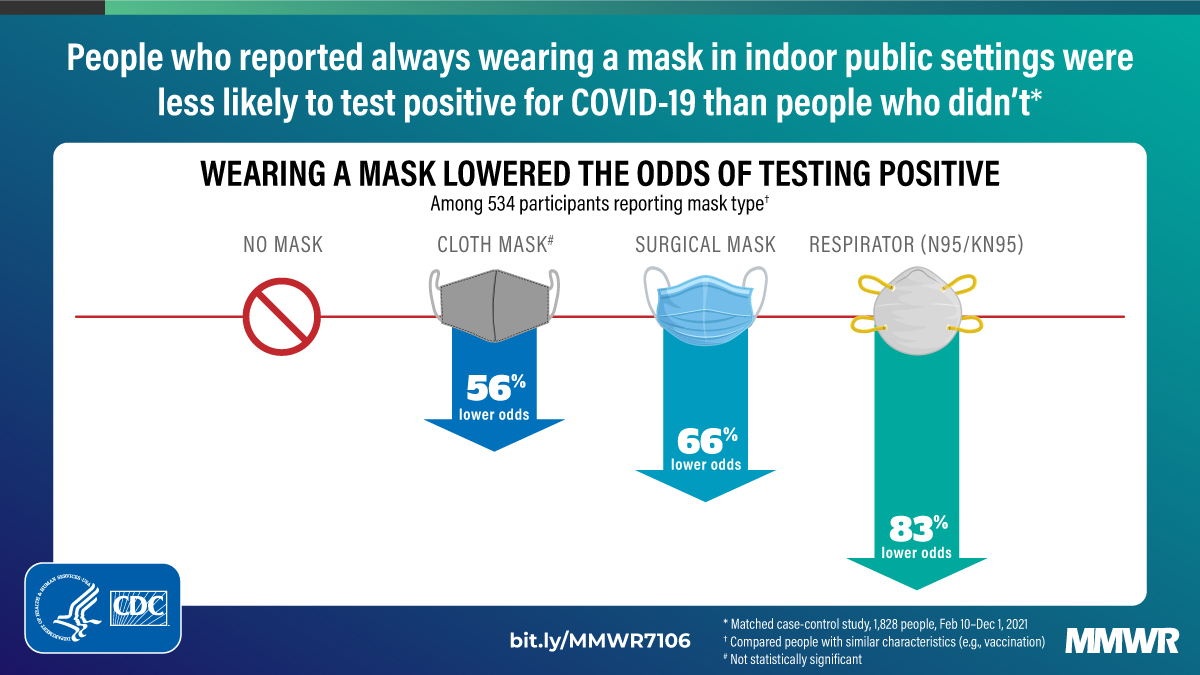Face Coverings
[Updated April 4, 2023] The university is following updated Los Angeles County guidelines on masks and face coverings. Masks are now worn on an individual preference and are not required for most indoor settings. Faculty, staff and students cannot require others to wear or not wear a mask in classrooms, labs, offices, meeting spaces and other indoor locations. Face coverings are not required outdoors.
Though no longer required, wearing a mask indoors continues to be a highly effective way to protect yourself and our community from the spread of the COVID-19 virus and variants. The university will continue to provide medical grade surgical masks and KN95 masks to all students, faculty and staff at no charge.
*In specific settings, masks will continue to be required:
- Healthcare, including the Student Health Center, CAPS, vaccine clinic locations, Public Health Testing Site (when not actively testing)
- Isolation
- Everyone who is in isolation must wear a highly protective mask if they must be around others for a total of 10 days and discontinue wearing a mask around others between days 6 to 10 if you have two sequential negative tests taken at least one day apart.
- For employees: If released early from isolation, employees must wear a highly protective mask at the workplace for a total of 10 days after a positive test result or exposure to a confirmed positive case.
- Additional locations and settings mandated by LA County Public Health
Why Wear a Mask?
Wearing a well-fitted mask is an effective means of protection against airborne viruses, such as COVID-19 and variants. COVID-19 is mostly spread from person-to person by respiratory droplets. Droplets of viruses are projected into the air when people talk, sing, cough or sneeze. Wearing a mask is essential to slow down the spread of COVID-19 by protecting others if you are infected and protects you if you are exposed to an infected person. Alternatively, you may consider wearing a mask to protect yourself during cold and flu season.
While all masks provide some level of protection and are currently optional, a well-fitting medical grade surgical mask or respirator (e.g., N95 and KN95) are recommended in high-risk situations and for people at increased risk for severe disease.

Do I still have to wear a mask if I’m vaccinated?
According to CDC guidelines, masking is based on individual preference. Check LA county guidelines for recommendations on when to wear a mask indoors, including required settings.
What type of mask should I wear?
A well-fitted mask covers your nose, mouth, and chin and fits snugly against your face without any gaps. Gaps can let air with respiratory droplets leak in and out around the edges of the mask.
A mask with good filtration blocks the virus particles form going through the mask itself. A good filtration depends on the right materials and by using more layers. Higher grade masks (medical surgical, KN95, N95) are recommended.
It is not recommended to wear a face shield in place of a mask or wearing clear shield-like face masks, which are different than face shields but have gaps around the face and therefore do not provide the same protection as wearing a mask.
Visit LA County Public Health for more information on masks.
Where can I get masks on campus?
Visit the PPE webpage for more information.
Will masks become mandatory again?
The university will continue to monitor local health conditions, adhere to public health mandates, and follow our University Risk Response Plan, which prioritizes health and safety while also protecting and supporting our mission of student success.
As the pandemic’s course is fluid and evolving, public health officials are actively tracking regional transmission levels and other conditions, including Variants of Concern — conditions that may trigger a countywide mask mandate.
Similarly, the university may reinstitute the mask requirement under certain conditions, such as a cluster or outbreak on campus. If conditions change, we will follow the guidance from public health experts, update our Safer Return protocols to protect health and safety, and provide timely and transparent communication to the campus.
(Page updated 3/9/2023)